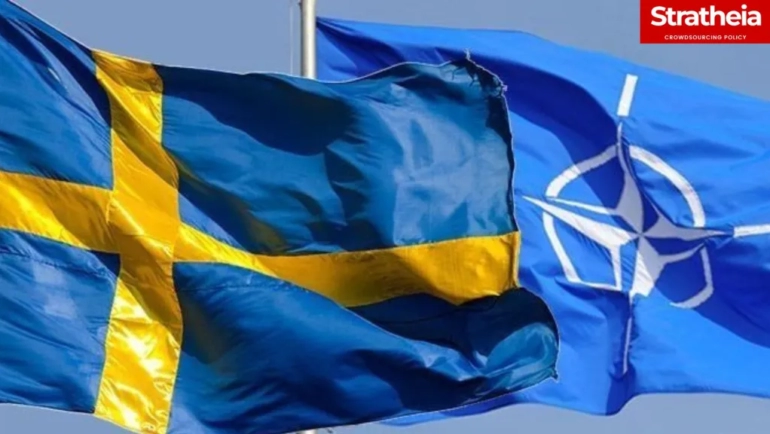Newspaper Article 30/03/2022
I got nostalgic as I received the invite for the second edition of Islamabad Security Dialogue. As a passive listener last year to the flagship initiative under the National Security Division, themed ‘Together for ideas’, it was a moment of delight to see Pakistan charting its new direction in realpolitik. Prime Minister Imran Khan and Army Chief General Qamar Bajwa, tactfully and articulately, opted for geo-economics from geopolitics.
This apparent 180 degree shift exhibited confidence, resilience and spirit of accommodation in not only foreign relations, but also at the home-front. National Security for the first time in seven decades was redefined on a broader horizon, and the country took a leap forward in pinning hopes on human, economic and environmental potentials. Connectivity and regionalism took a priority in policy prescription, and Pakistan made its choice public as it drafted its first-ever National Security Policy at the fag end of last year.
Let’s take a look at the constants, and how Pakistan has fared in the last one year since this approach was laid out. It also needs to be analysed in the sphere of happenings as the world is again slipping into bipolarity and trying to navigate through one of the worst times of the price spiral since the recession in 2008.
In the perspective of Pakistan’s national security conundrum there are, at least, four aspects that will drive its synergies and keep Islamabad on tenterhooks while responding to internal and external inertias.
One; Kashmir and India. The abrogation of special status, enjoyed by the disputed state of Jammu & Kashmir under the Indian Constitution on August 5, 2019, was a watershed event. This has pushed Pakistan in a difficult situation and will keep it bogged down in search of a solution. In other words, India has burnt all the boats and made confrontation a modus operandi of its bilateralism. Delhi’s myopic approach has also come as a setback to Pakistan’s desire for openness with India, as wisely hinted by Gen Bajwa while addressing the first ISD moot, wherein he called for talking it out with India on all contentious issues.
Two; Afghanistan and Taliban 2.0. The incoming of a friendly government on the western border is an asset. Notwithstanding, the fact that Kabul is not on the same page over a host of issues and Islamabad is yet to recognise it too, the commonality of interests overshadows a plethora of differences. Peace and reconstruction in Afghanistan, to which Pakistan is a biggest supporter and campaigner, will buoy the dream of connectivity and help trade flow from Central Asia down to Africa and the Middle East.
Three; completion of CPEC’s first phase. Pakistan has a bonanza to reap as the $60 billion investment in infrastructure and power sectors is coming full circle. The second tier, which will see industrialisation take roots, will ensure its economic vitality and security.
Four; camp politics. This is where Pakistan will have to focus more closely while setting the security compass. Pakistan’s desire to be free from camp politics and not to become part of a new Cold War is valued judgment. This is where the ongoing friction with the United States, cordiality with China and the newfound love with Russia need some perfect balancing.
It goes without saying that the ongoing domestic discord and ensuing instability has its roots in external push and pulls. It seems the ‘absolutely not’ dictum of PM Imran Khan will keep the security paradigm in a flux.
The upcoming ISD 2.0 is, thus, an opportunity to present Pakistan’s line of action in a more sophisticated manner, and dispel the sense of otherness with major powers. Washington and Islamabad enjoy a deep nexus in the security, intelligence and politico-economic horizons — and the same are in need of being beefed up. Likewise, Beijing, Moscow and the EU, as well as the Muslim bloc, should enjoy equal-footing in fomenting a harmonious relationship.
The new tenants of security will, however, be in non-traditional avenues. They are economics, demographic bulge and perpetual non-alignment. This phenomenon will make Pakistan invincible and self-reliant.
Note: This article appeared in Tribune, dated 30 March 2022.
Disclaimer: The views expressed in the article are of the author and do not necessarily represent Institute’s policy.

